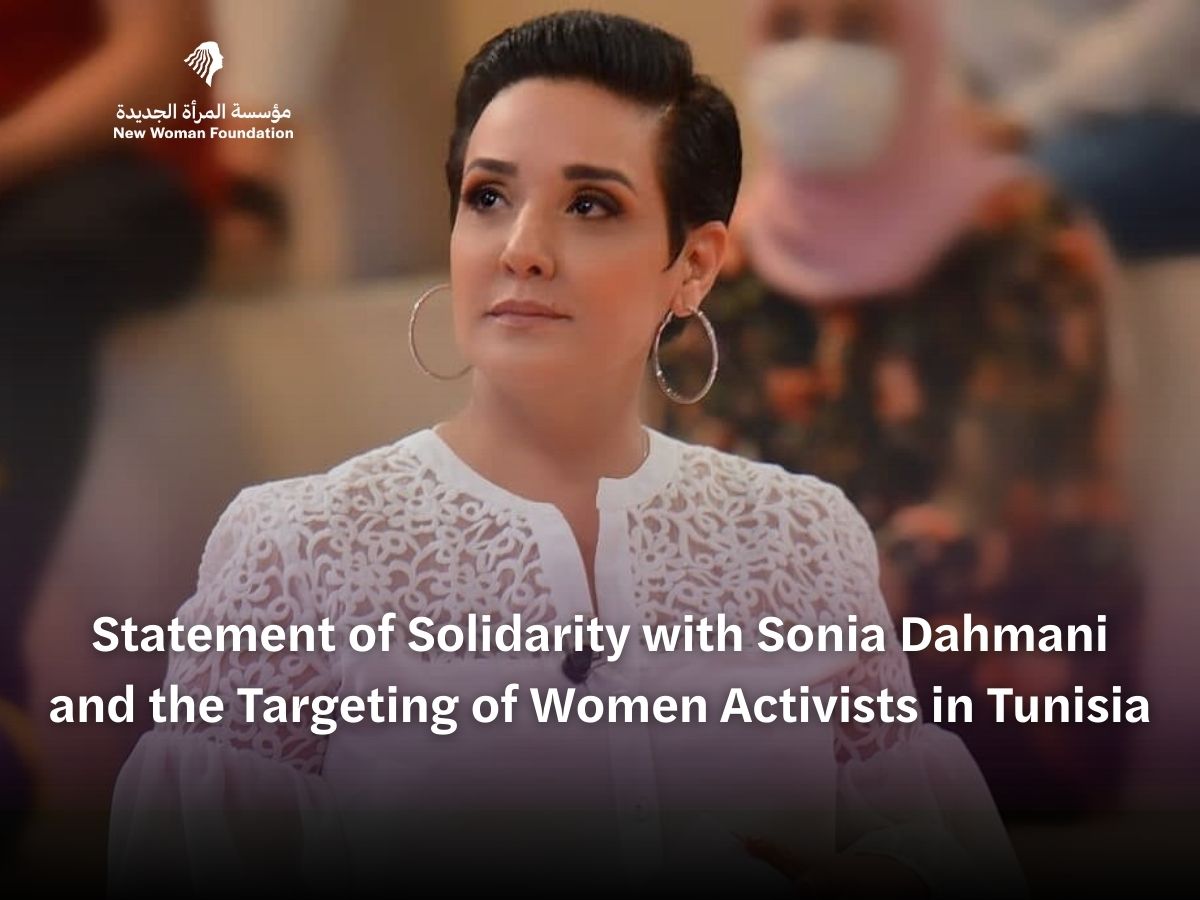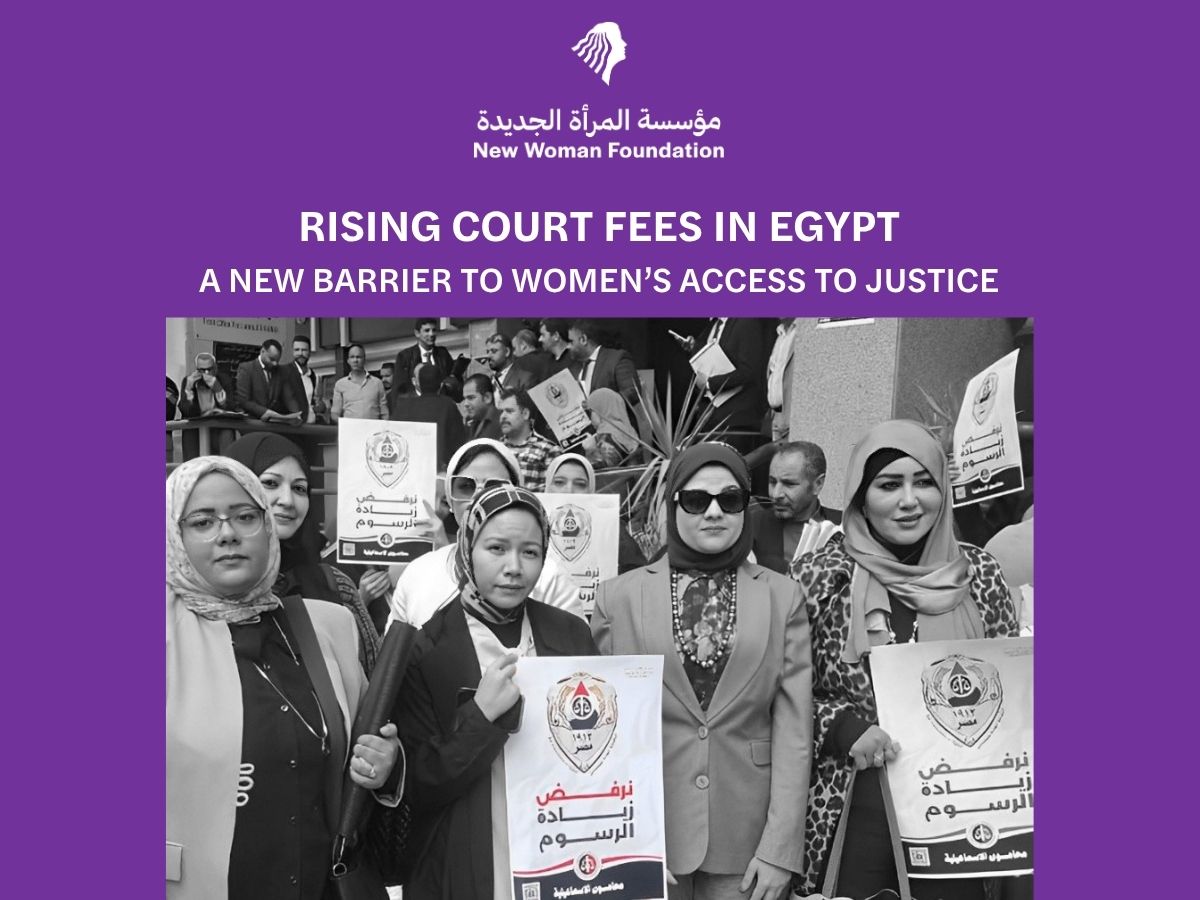- Contact Us
- 0020233382706
- nwrc@nwrcegypt.org
Games and children, a new direction to ending sexual violence
UN Women
In Cairo, a pilot project uses games and music to teach children to say no to violence. This initiative is part of the city’s comprehensive Safe City Programme which began in 2011 to prevent and respond to sexual violence in urban spaces, supported by UN Women and local partners. “Nobody has the right to touch our body! No one!,” sing a group of young children animatedly during an innovative training session that uses music and games to help young girls and boys learn to recognize abuse and say no to sexual harassment in their communities.
“I learned that I have my personal boundaries and nobody can invade that,” explains a young girl participating in the training in Manshiyat Naser, Cairo.
Cairo was among the five pioneer cities in UN Women’s Safe Cities Global Initiative that got underway in 2011 and is currently being implemented in 17 cities in developed and developing countries.
Marina, a student in her 20s at the Faculty of Arts in Cairo, Egypt, serves as a volunteer in the SAFE Programme on child abuse – a key component of the Cairo Safe City Programme.
“We help girls and boys to say no to abuse, report what happens to someone they trust, and understand their self-worth,” explains Marina. “Activities vary from one age group to another. With older kids we try to make them express everything inside of them such as stories they want to tell. For younger kids, we rely more on games and music.”
Care International is the main implementing NGO partner in the programme in Cairo and is building the capacity of local NGOs in each of the three intervention sites (Manshiyat Naser, Ezbet el-Haggana and Imbaba), explains Sandra Azmy, Women’s Rights Programme Officer at Care. “Every NGO has a volunteer unit. At the moment, we have more than 80 volunteers working with us. We have trained 150 children as agents of change to prevent sexual violence, and where to seek assistance if it has happened to them.”
“I learned that I have my personal boundaries and nobody can invade that,” explains a young girl participating in the training in Manshiyat Naser, Cairo.
Cairo was among the five pioneer cities in UN Women’s Safe Cities Global Initiative that got underway in 2011 and is currently being implemented in 17 cities in developed and developing countries.
Marina, a student in her 20s at the Faculty of Arts in Cairo, Egypt, serves as a volunteer in the SAFE Programme on child abuse – a key component of the Cairo Safe City Programme.
“We help girls and boys to say no to abuse, report what happens to someone they trust, and understand their self-worth,” explains Marina. “Activities vary from one age group to another. With older kids we try to make them express everything inside of them such as stories they want to tell. For younger kids, we rely more on games and music.”
Care International is the main implementing NGO partner in the programme in Cairo and is building the capacity of local NGOs in each of the three intervention sites (Manshiyat Naser, Ezbet el-Haggana and Imbaba), explains Sandra Azmy, Women’s Rights Programme Officer at Care. “Every NGO has a volunteer unit. At the moment, we have more than 80 volunteers working with us. We have trained 150 children as agents of change to prevent sexual violence, and where to seek assistance if it has happened to them.”
In addition to advocacy, the Cairo Safe City Programme has provided essential services for women survivors of violence through the Ombudsman’s Office of the National Council for Women. It works with the implementing NGOs inside the three intervention areas of the Safe City programme to provide legal support to women as well as to conduct legal awareness-raising sessions for community members.
Interactive Community Theatre is being used to communicate complex legal messages of the Ombudsperson. The participation of youth volunteers from each community (50 per cent male and 50 per cent female) in this activity is helping to further spread the programme’s messages. Through these productions, volunteers also increase their own knowledge about the causes and consequences of sexual harassment and what to do if they experience or witness an incident in their community.
As part of the Safe City programme, in 2012 a “transit campaign” was launched to engage people in changing their attitudes and behaviours towards sexual harassment in public transportation and also through public service announcements.




